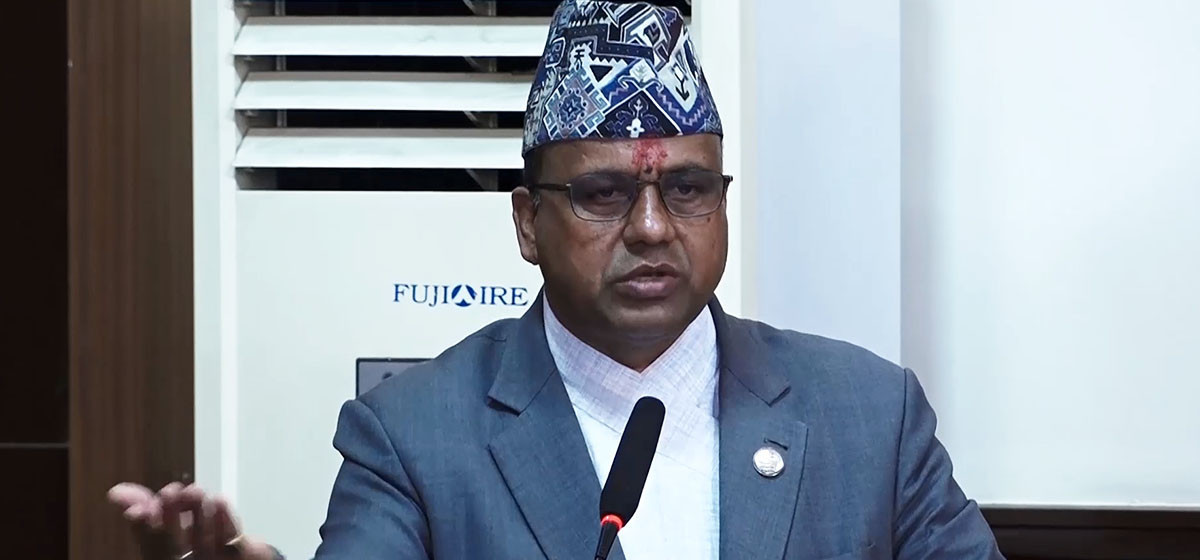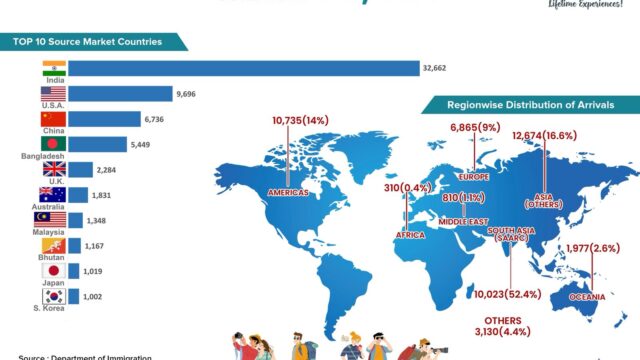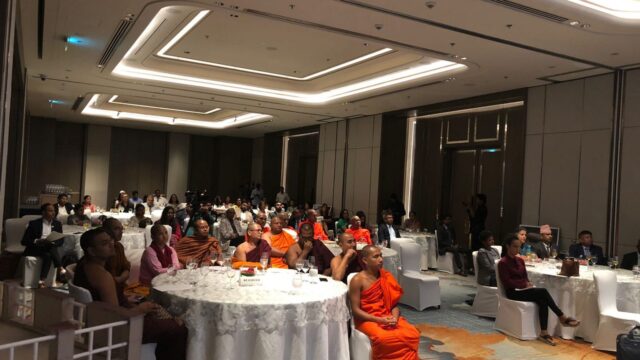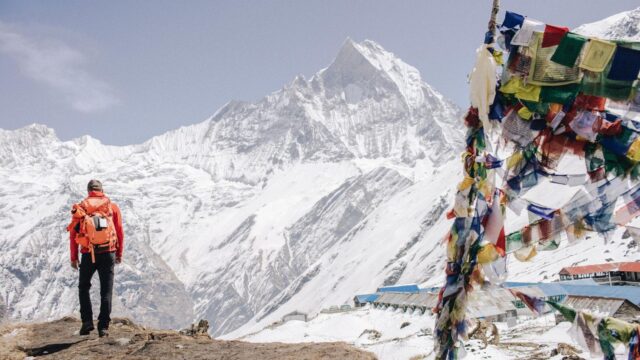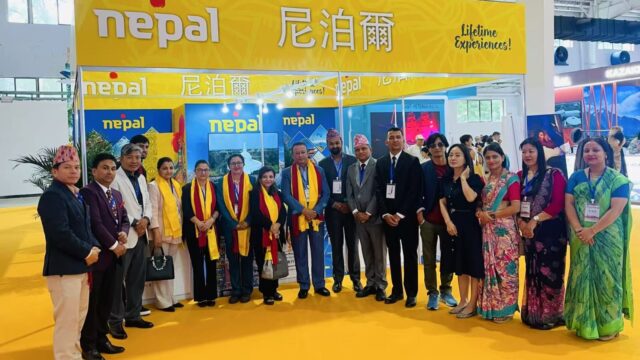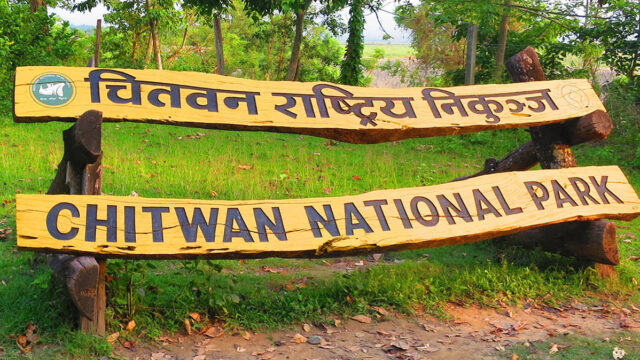Minister for Culture, Tourism and Civil Aviation, Badri Prasad Pandey, has emphasized the vital role of women in shaping the future of Nepal’s tourism economy. Addressing a special programme titled “Women in Nepali Tourism Industry in Present Digital Era” organized by the Nepal Tourism Board, Minister Pandey said women’s entrepreneurship would be a significant foundation for the tourism-driven economy in the days to come.
Highlighting the leadership potential of Nepali women, he remarked, “Women are capable of playing leading roles in developing and driving forward the tourism industry.” He reaffirmed his commitment to prioritizing the tourism sector in the upcoming fiscal year’s budget, ensuring that development and prosperity in tourism remain central themes.
Minister Pandey also called for a stronger public-private partnership (PPP) model in enhancing travel and hospitality services. “Collaboration with the private sector for the development of travel and hospitality can be done in an effective way. Let’s carry out activities based on the public-private-partnership concept,” he proposed.
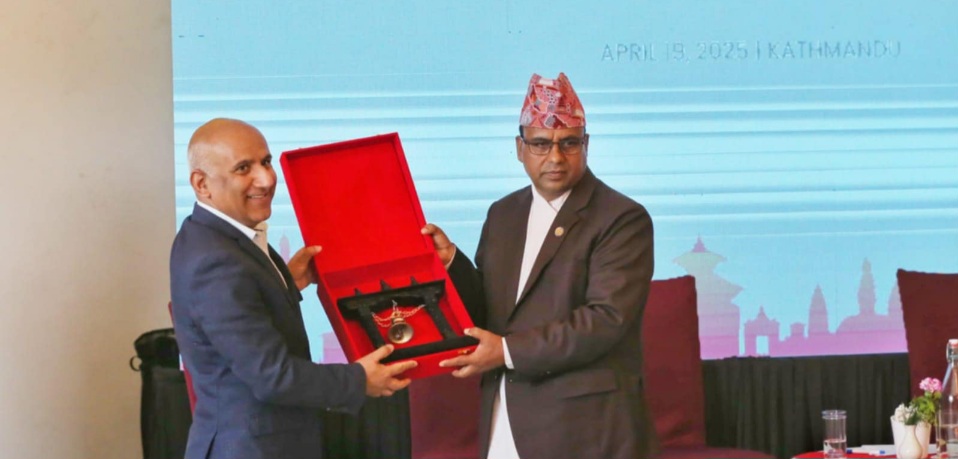
Gita Kumari Adhikari, Member of the National Planning Commission, also addressed the event, underscoring the necessity of expanding digital infrastructure to support a modern tourism industry. “We need to ensure access to internet services in every area to make the tourism industry technology-friendly,” she said. Adhikari added that the 16th periodic plan of Nepal is currently under implementation, with policies and programs aligning with digital advancement and women’s inclusion. “Tourism and developmental programmes gain momentum when women are actively involved. Their role in economic growth is crucial,” she noted.
Providing data to highlight the impact of women in the sector, Secretary at the Ministry of Women, Children and Senior Citizen, Laxmi Kumari Basnet, shared that over 500,000 women have found employment in tourism-related services. She stressed the need to financially empower women to increase their contributions to the economy.
Other speakers at the event also echoed similar sentiments, advocating for increased women’s participation in the tourism industry and urging the use of digital platforms to enhance accessibility, reach, and efficiency. The programme served as a significant platform to explore how Nepal can better integrate gender equality and technology in tourism development, setting the tone for inclusive growth and innovation in the digital age.
